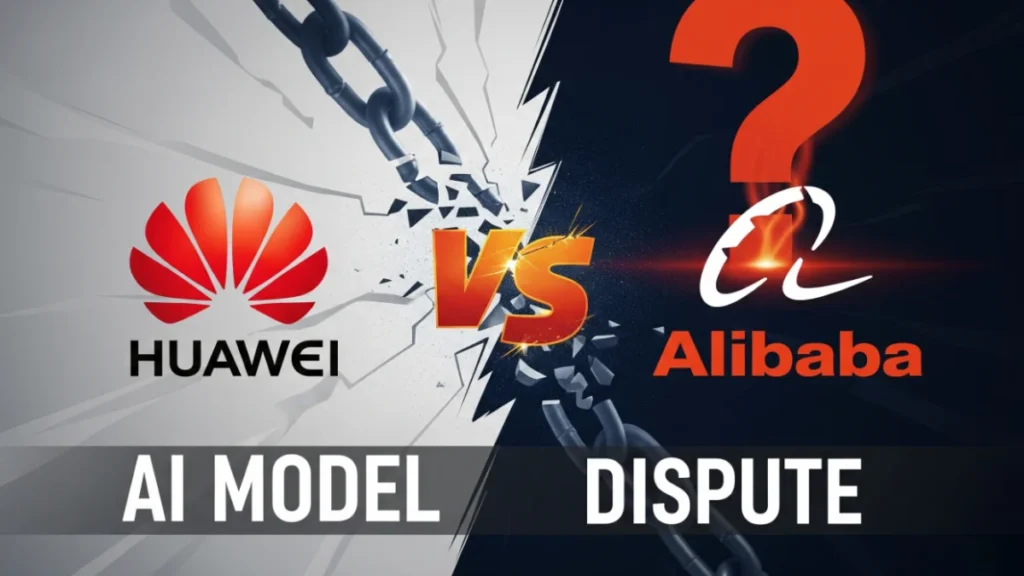A fresh AI copyright controversy has sparked debate in China’s tech circles. Huawei firmly denies its latest Pangu Pro Moe model borrows from Alibaba’s Qwen, countering allegations of “upcycling” and copyright violations. Here’s what’s unfolding and why it could shake up the race for AI dominance in China.
Huawei Refutes Copycat Accusations Over Pangu AI Model
Huawei’s Noah Ark Lab has stepped forward to quash rumors that its Pangu Pro Moe large language model is just a polished version of Alibaba’s Qwen 2.5-14B. The statement comes after an anonymous entity, HonestAGI, published a paper on GitHub claiming Huawei’s new model showed “extraordinary correlation” with Alibaba’s popular AI.
The claims hit fast. HonestAGI’s paper alleged Huawei didn’t build Pangu Pro from scratch but instead “upcycled” Qwen’s work—hinting at potential copyright violations and misleading claims about training investments. In China’s fiercely competitive AI sector, accusations like this can spread like wildfire and stir up doubts overnight.
Key Takeaways:
- Huawei says Pangu Pro Moe is independently developed, with no incremental training from other brands’ models.
- The company claims innovations in architecture and use of its own Ascend chips.
- The lab insists all open-source licenses were followed for third-party code.
- Alibaba hasn’t commented yet; the identity of HonestAGI remains unclear.
Noah Ark Lab’s statement was clear: Pangu Pro Moe “is not based on incremental training of other manufacturers’ models” and represents “key innovations” in design and features. It’s also the first large-scale AI model built fully on Huawei’s in-house Ascend chips—a point the company highlights as proof of its independent R&D.
Huawei’s push to open-source Pangu Pro Moe last month aims to win back momentum in a heated AI race dominated by Alibaba’s consumer-facing Qwen line and newcomers like DeepSeek. While Qwen powers chatbot-like applications similar to ChatGPT, Huawei’s Pangu family focuses more on government, finance, and industrial uses—sectors where trust in proprietary tech matters.
Alibaba’s Qwen 2.5 series, released in May 2024, is designed to run on PCs and smartphones, extending its reach directly to millions of users. Meanwhile, HonestAGI’s identity and methodology behind the correlation claims remain a mystery.
For now, the AI community waits for more evidence—or a response from Alibaba. One thing’s clear: as China’s AI arms race intensifies, so does the scrutiny over who builds what, and how.
